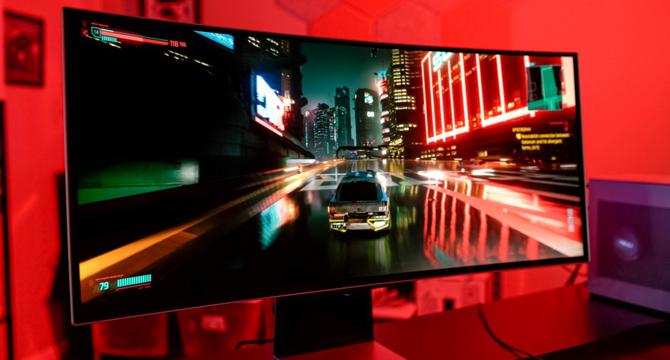Digitaltrends
4w
432

Image Credit: Digitaltrends
No, generative AI isn’t taking over your PC games anytime soon
- PC Gamer's controversial article on the future of generative AI in video games missed the mark on how it affects people's jobs. Generative AI models give outputs based on training data, regardless of the content, while predictive AI predicts the most likely outcome. Although a future of generative AI in gaming is possible, it is not likely in the near future. AI has a ton of applications in game development, targeted to solve pain points in development and gameplay. Nvidia's RTX Remix applies AI to the game render, upscaling textures, and making ray tracing more elegant. The use of AI-generated images in Magic The Gathering's marketing material prompted backlash, where a middle ground can recognize AI's strengths in games while advocating for the workers' rights displaced by the haphazard use of it.
- AI in games is already prominent, and it will become even more widespread. AI-generated games are practical and profitable, but we may have safeguards to distinguish and protect rights. The best approaches are targeted to solve pain points in development and gameplay, at places like RTX Remix and machine learning cloth simulation technology. In contrast, replacing human artists with AI-generated graphics to reduce them is not helpful. Using AI to solve problems that nobody wants to do is preferable. It is more conducive than going to extremes, sparking a productive discussion about the future of AI in games. Activision and Xbox's layoffs showed the harm that generative AI can cause in the game industry when the goal is to maximize profits, but Violet, a veteran AAA developer, recognizes that AI can be helpful in solving complex problems.
Read Full Article
26 Likes
For uninterrupted reading, download the app